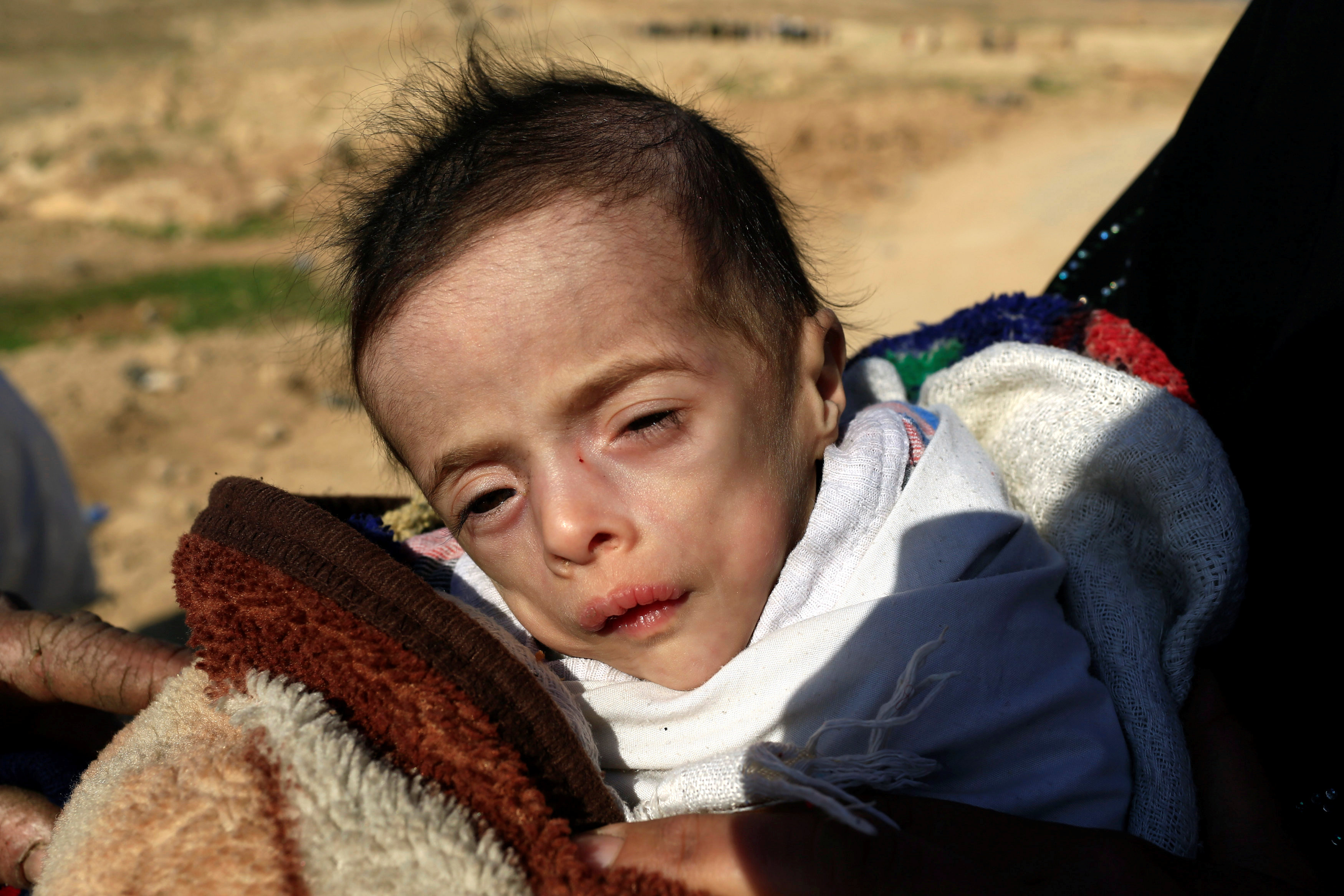
By Isabel Coles and John Davison
MOSUL, Iraq (Reuters) – Iraqi government forces fighting to drive Islamic State from western Mosul on Tuesday recaptured the main government building, the central bank branch and the museum where three years ago the militants had smashed statues and artifacts.
The government buildings had been destroyed and were not used by Islamic State, but their capture still represented a symbolic victory in the battle over the militants’ last major stronghold in Iraq.
An elite Rapid Response team stormed the Nineveh governorate building and government complex in an overnight raid, spokesman Lieutenant Colonel Abdel Amir al-Mohammadawi said.
They also seized a building that housed Islamic State’s main court of justice, known for its harsh sentences, including stonings, throwing people off building roofs and chopping off hands, reflecting Islamic State’s extreme ideology.
“They killed tens from Daesh,” Mohammadawi said, referring to Islamic State by one of its Arabic acronyms. The raid lasted more than an hour.
The militants looted the central bank when they took over the city in 2014 and took videos of themselves destroying statues and artifacts.
Illegal traffic in antiquities that abound in the territory under their control, from the sites of Palmyra in Syria to Nineveh in Iraq, was one of their main sources of income.
Prime Minister Haider al-Abadi flew into to Mosul to visit the troops engaged in the fighting.
“Iraqis shall walk tall when the war is over,” he told state TV as he arrived there.
The breakthrough paves the way for the U.S.-backed forces to attack the militants in the old city of Mosul, the most complicated phase in the nearly five-month campaign due to the density of the population and the narrowness of the alleyways. The militants are dug in amongst civilians in the historic district.
It was from the Nuri Mosque in the old city that the group’s leader, Abu Bakr al-Baghdadi, declared in 2014 a caliphate also spanning parts of neighboring Syria.
The old city lies on the western bank of the Tigris river that cuts Mosul in two. About 750,000 people were estimated by aid organizations to live in west Mosul when the offensive started on this side of the city on Feb. 19.
The Iraqi forces took the eastern half in January, after 100 days of fighting. They are backed by air and ground support from a U.S.-led coalition.
Defeating Islamic State in Mosul would crush the Iraqi wing of the self-declared caliphate, which also suffering setbacks in Syria.
U.S.-backed Syrian Democratic Forces cut the last main road out of the Islamic State capital there, Raqqa, on Monday. Islamic State is also fighting off the Russian-backed Syrian army as well as and Turkey and allied Syrian rebels.
The number of Islamic State fighters in Mosul was estimated at 6,000 at the start of the offensive on Oct. 17, by the Iraqi military who estimate several thousands have been killed since.
Lined up against them is a 100,000-strong force of Iraqi troops, Kurdish peshmerga fighters and Iranian-trained Shi’ite Muslim paramilitary groups.
Some of Islamic State’s foreign fighters are trying to flee Mosul, U.S. Air Force Brigadier General Matthew Isler told Reuters at the Qayyara West Airfield, south of the city.
“The game is up,” Isler said. “They have lost this fight and what you’re seeing is a delaying action.”
SNIPER FIRE
Islamic State snipers continued to fire at the main government building after it fell into government hands, restricting the movements of the soldiers.
Rapid Response sharp-shooters were firing back from the building. One of them said four enemy snipers had been killed.
“The fighting is strong because most of them are foreigners and they have nowhere to go,” said the head of a sniper unit for the Rapid Response, al-Moqdadi al-Saeedi.
More than 40,000 people fled their homes in the past week, bringing the total number of displaced since the start of the offensive to more than 211,000, according to the United Nations.
Dozens more streamed out of the Mamoun district in southwestern Mosul toward U.S.-trained Counter Terrorism Service (CTS) troops as machinegunfire rang out in the background.
U.S. special forces were also seen walking between buildings in the same area, some of them carrying assault rifles with scopes and silencers. Helicopters attacked targets just north of their positions as thick smoke filled the sky from various explosions.
Agencies say camps to accommodate them are nearly full even though the United Nations said last month that more than 400,000 people still in western Mosul could be displaced.
Several thousand have been killed and wounded in the fighting, both civilians and military, according to aid organizations.
(For map of Mosul click http://tmsnrt.rs/2fd0nGE)
(Writing by Maher Chmaytell; Editing by Angus MacSwan)











